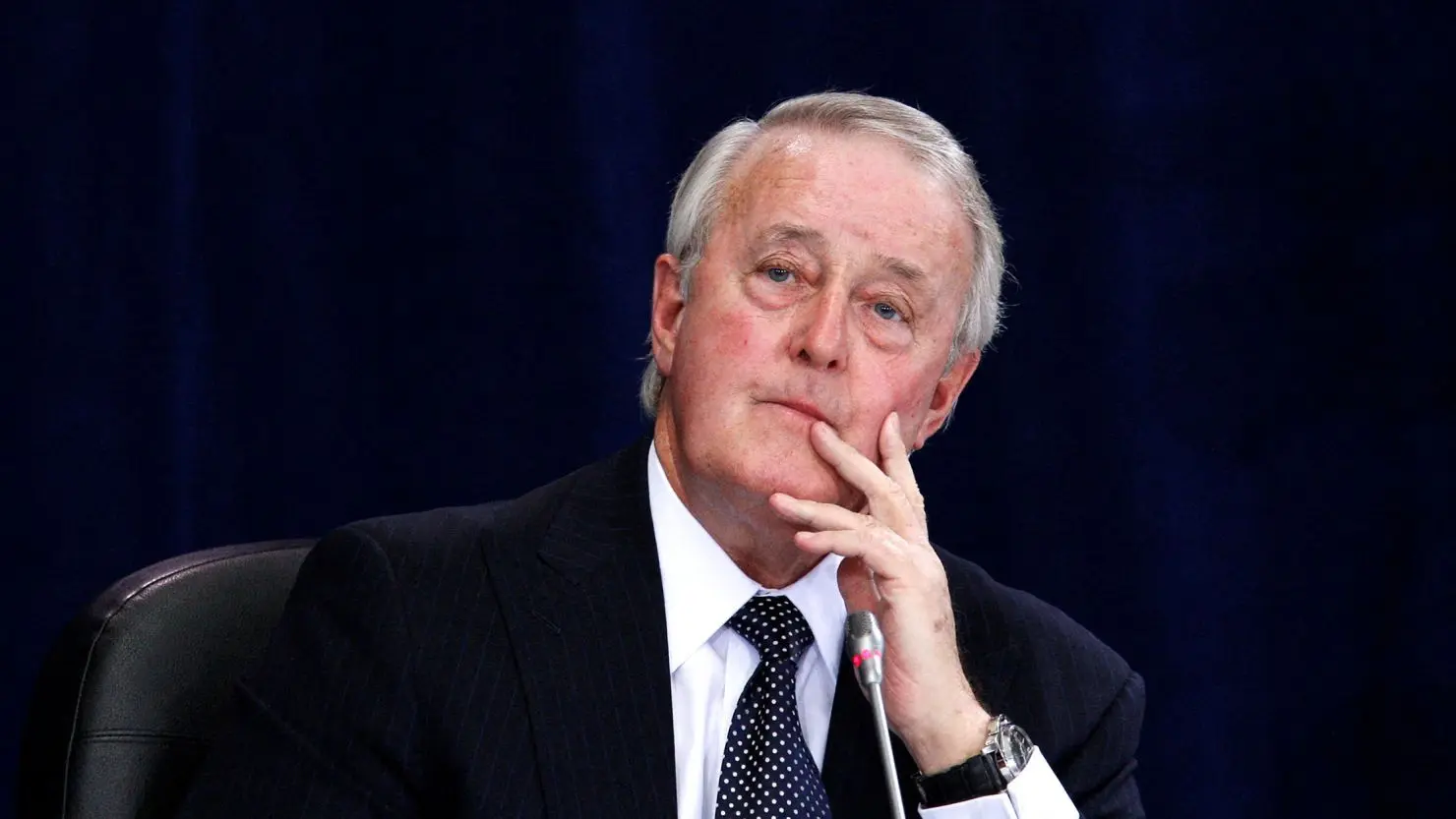Mulroney, remembered as the 18th prime minister of Canada and a conservative leader, peacefully departed while surrounded by his family, as announced by his daughter.
During his tenure, Mulroney steered Canada through the final stages of the Cold War and negotiated a significant free trade agreement with the United States, according to the BBC.
Prime Minister Justin Trudeau expressed his profound sadness at Mulroney’s passing, acknowledging his ceaseless dedication to serving Canadians and his relentless pursuit of enhancing the country’s prosperity. Trudeau also urged the public to recognise and honour Mulroney’s pivotal role in shaping Canada into the modern and thriving nation it is today.
Born in a working-class town in northeastern Quebec, Mulroney initially pursued a career in law and business before ascending to the leadership of the Progressive Conservative Party and eventually becoming prime minister.
In 1974, Mulroney was appointed to a commission to investigate the James Bay hydroelectric project, where he played a key role in uncovering organised crime infiltration within labour unions associated with the project.
Elected to Parliament in Nova Scotia in 1983, Mulroney subsequently assumed leadership of the Conservative Party and assumed the prime minister’s office in 1984, succeeding Pierre Trudeau of the Liberal Party. He secured reelection in 1988.
Described by the Canadian Broadcasting Corporation (CBC) as a captivating orator, Mulroney was known for his willingness to confront the most pressing challenges of his time, cementing his legacy as one of Canada’s most controversial prime ministers.



